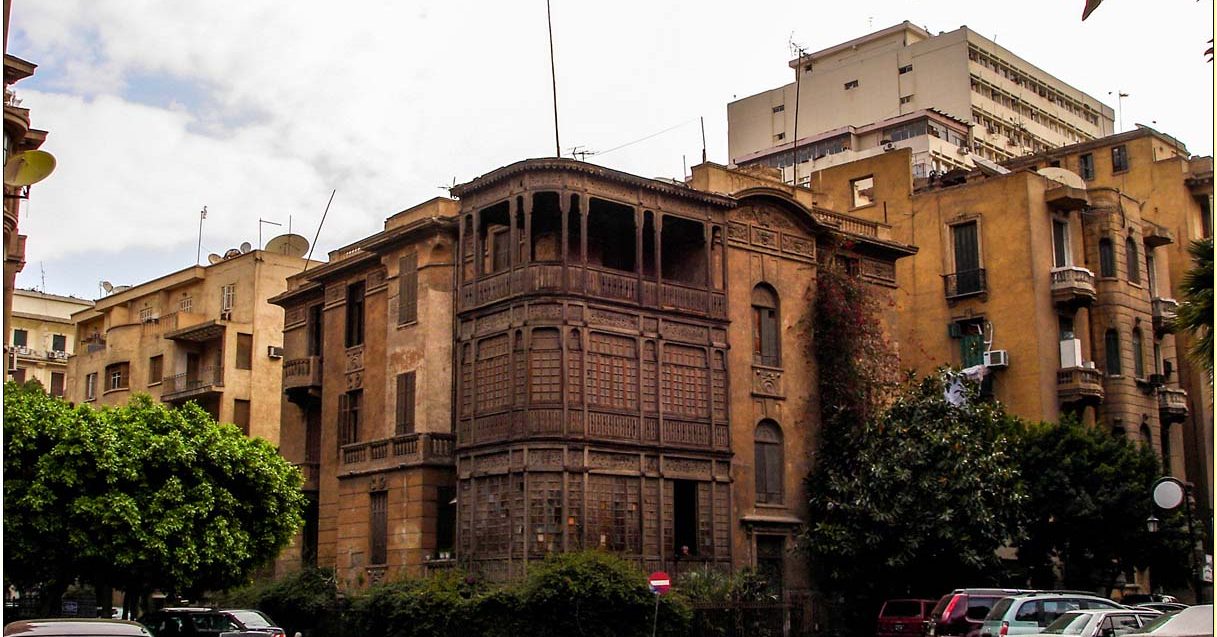For much of the twentieth century, Egypt’s “old rent” laws have capped rents at levels that now seem obsolete. In neighborhoods like Manial, families pay as little as EGP 8 (USD 0.16) a month for spacious apartments, other tenants pay as low as EGP 10-30 (USD 0.20-0.61) per month for apartments and properties in upscale locations such as Heliopolis and Zamalek.
The prices were set by contracts dating back to the 1960s and later reinforced under Law No. 136 of 1981, which capped annual payments at no more than seven percent of a property’s assessed value at the time of signing.
In late 2024, Egypt’s Supreme Constitutional Court ruled that the fixed rent provisions of the 1981 law were unconstitutional and ordered Parliament to amend the law by the end of the current legislative session, setting the deadline in June 2025.
As Egypt’s Parliament approaches a critical deadline, millions of tenants and property owners have been thrown into a state of uncertainty. While landlords see a long-awaited opportunity to reclaim control over their properties or secure higher rents, tenants fear displacement or homelessness.
“The new law must create a balance between landlords and tenants,” Mohamed Attia Al-Fayoumi, chairman of Parliament’s housing committee, said. “Rent reform will be a major priority.”
Egypt’s Prime Minister, Mostafa Madbouly, has echoed Al-Fayoumi’s opinion, saying that all options are being considered to balance the rights of landlords and tenants.
According to the Supreme Constitutional Court, freezing rents at outdated rates violated property rights and failed to reflect economic realities, particularly amid rising inflation and a depreciating pound.
Although these laws have protected tenants from sudden rent hikes and eviction, they have also discouraged property investment as landlords, unable to raise rents or reclaim properties, watched the value of their assets erode with inflation and currency devaluation, contributing to a chronic housing shortage.
With just three months remaining before the court’s deadline, the government has yet to submit a draft amendment to Parliament. However, if the government fails to act, Parliament will begin reviewing proposals from its members, several of which are already under discussion.
Among the proposals is a transitional period of five to ten years during which rents would rise by 15 percent annually, offering tenants time to adjust while providing landlords with a gradual return to market rates. Another proposal urges the creation of a fund to assist vulnerable tenants in purchasing new homes, an effort aimed at preventing mass evictions. Additionally, provisions are being discussed to allow owners to reclaim long-vacant or “closed” apartments, a move intended to ease the country’s ongoing housing shortage.
As for tenant advocacy groups, they have called for phased rent increases, suggesting an initial five-fold rise followed by annual increments, to avoid sudden shocks to those who have come to rely on the old system.
The court’s decision follows a series of recent reforms targeting non-residential units. Under Law No. 10 of 2022, rents for properties leased to legal entities, such as companies and government offices, have been rising by 15 percent annually since 2022, with landlords set to regain full control by 2027. However, these changes did not address the far larger pool of residential tenants still protected by the old laws.
Egypt’s old rent laws affect hundreds of thousands of apartments and millions of people. Any abrupt change could trigger social unrest. Yet, maintaining the status quo risks further distorting the housing market and discouraging badly needed investment.







Comments (0)